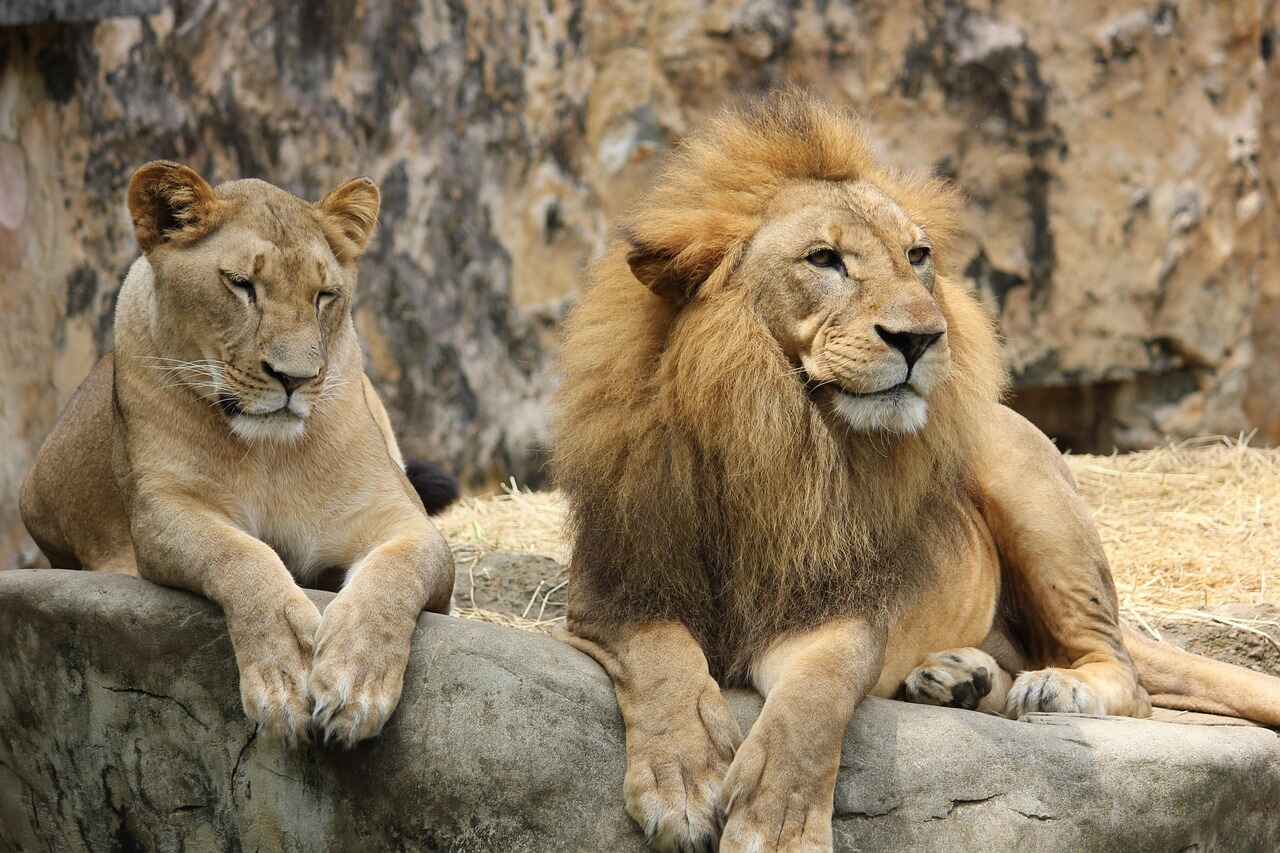
South Africa to ban captive lion breeding
For conservationists opposing the captive lion industry, this decision marks a major victory in efforts to safeguard Africa’s most iconic predators.

The Department of Forestry, Fisheries, and the Environment has begun phasing out captive lion breeding in South Africa, signalling a major shift in the nation’s stance on wildlife conservation and animal welfare.
On Tuesday, Minister Dr Dion George confirmed that the department is finalising a Prohibition Notice to officially ban the creation of new commercial captive lion breeding facilities nationwide.
“This marks a turning point in our approach to wildlife conservation,” said George.
“We are committed to enforcing clear, effective, and legally robust measures that protect South Africa’s natural heritage.”
Legal backbone of the ban
The department is implementing the new policy as part of stricter regulations under the National Environmental Management: Biodiversity Act (NEM:BA), 2004, guided by recommendations from the Ministerial Task Team Report and the Policy Position on the sustainable use of elephants, lions, leopards, and rhinoceroses.
This Prohibition Notice supports international conservation standards and responds to public calls to end unethical practices like canned hunting and the commercial exploitation of lions, including the bone trade.
Since the National Council of Provinces (NCOP) received the notice on 10 June 2025, the mandatory 30-day review period has passed, allowing the Executive Authority to move forward with its official enactment.
Provincial rollout and enforcement
The department is now engaging with provincial Members of the Executive Council (MECs) under Section 87A (3) of NEM:BA to coordinate implementation and enforcement at local levels.
Further updates are expected during stakeholder engagements, including the upcoming G20 Environment and Climate Sustainability Working Group meeting taking place in the Kruger National Park.
Broader reforms ahead
The ban also forms part of broader efforts to overhaul the Threatened or Protected Species (TOPS) Regulations, with a sharper focus on animal well-being, biodiversity protection, and practical enforcement.
“We are building a regulatory foundation that prioritises animal well-being. The department remains fully committed to finalising and implementing these reforms without delay,” George stated.
A global signal
The department is sending a clear message to the global conservation community by working to phase out unethical wildlife exploitation and reestablish South Africa as a leader in ethical and sustainable biodiversity management.
Officials expect to gazette the final Prohibition Notice in the coming weeks.
Once in effect, the notice will block the establishment of any new captive lion breeding facilities, while existing operations may still undergo review under separate transitional measures.
